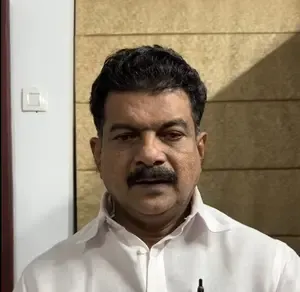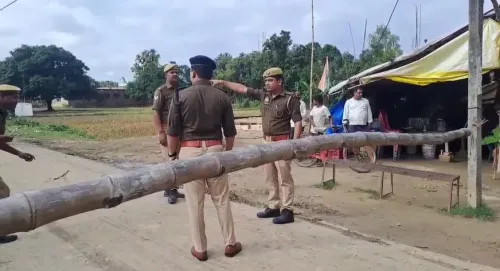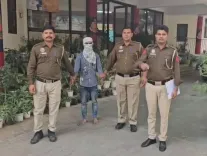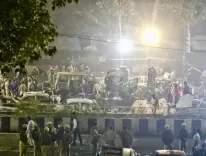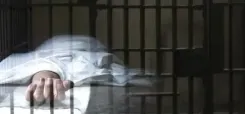Why is Congress Condemning the Government for Dodging ECI Discussions in Parliament?
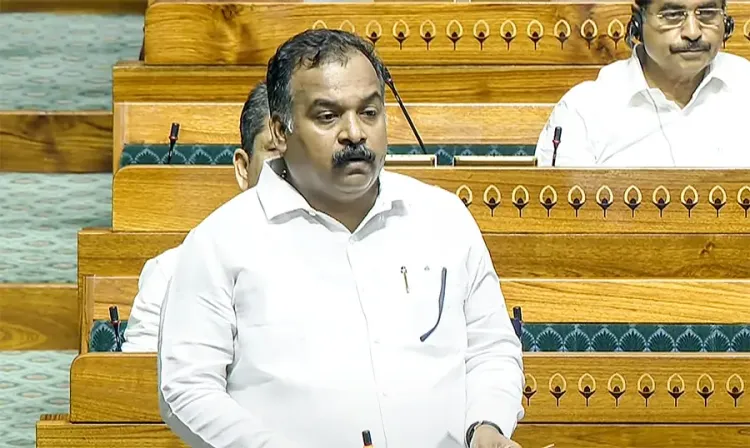
Synopsis
Key Takeaways
- Manickam Tagore criticizes the government's avoidance of ECI discussions.
- Parliament has a historical precedent of debating electoral matters.
- Tagore emphasizes the importance of accountability in democracy.
- Past administrations openly discussed electoral reforms without fear.
- The current government is questioned for its reluctance to engage in dialogue.
New Delhi, Aug 9 (NationPress) Congress Whip in Lok Sabha Manickam Tagore on Saturday accused the government of avoiding discussions regarding the operations of the Election Commission of India in Parliament, asserting that it is not a restricted topic.
Tagore, representing Virudhunagar, expressed on X, "Why is the Honourable Parliamentary Affairs Minister @KirenRijiju hesitant to permit a debate on the Election Commission's operations in Parliament?"
Pointing out past occasions where electoral matters and the ECI have been discussed in Parliament, he stated, "This is not a novel occurrence; Parliament has deliberated on the ECI's actions and electoral reforms many times over the decades."
In his post, he included a comprehensive list of parliamentary discussions related to the ECI and electoral affairs.
"Let’s review history. Discussions in the Rajya Sabha regarding the ECI and electoral reforms date back to 1957, encompassing: annulment of election regulations, rescheduling & postponement of elections, and discussions on electoral reforms in 1970, 1981, 1986, 1991, 2015, as well as the use of money power & urgent legal amendments," said Tagore.
The Congress MP also recounted instances when Lok Sabha MPs raised concerns, including: electoral reforms (1981, 1983, 1986, 1990, 1995, 2005); postponing elections in Bihar and Tripura; issuance of photo ID cards, and investigations into rigging and foreign money allegations.
Tagore criticized Rijiju for allegedly concealing something from the public and remarked, "Democracy fades in darkness. If Parliament cannot discuss the institution that conducts our elections, where will accountability reside?... If previous administrations held these discussions openly, why not you?"
The Congress MP endorsed the Opposition's call for a discussion on Bihar’s Special Intensive Revision (SIR) in Parliament, stating, "Even significant CEC decisions, like the postponement of elections in 1993, were debated openly in both Houses. Past governments did not shy away; they faced Parliament and provided answers."
"From money influence in elections (1978) to proxy voting for NRIs (2015), Parliament has served as the platform to hold the ECI accountable. So why is the Modi Government seemingly resistant to dialogue?" questioned Tagore in his post on X.
He also criticized the government for wasting 13 consecutive days in Parliament while "skirting a debate on the fraud involving Bihar’s voter list (SIR)."


